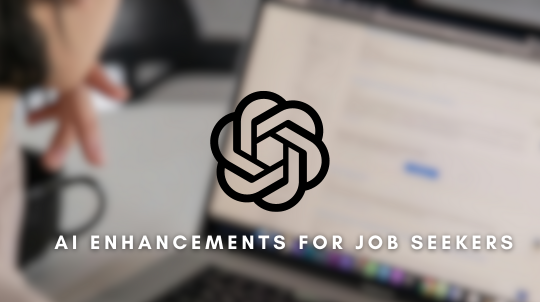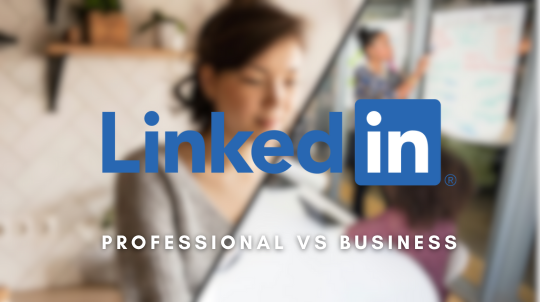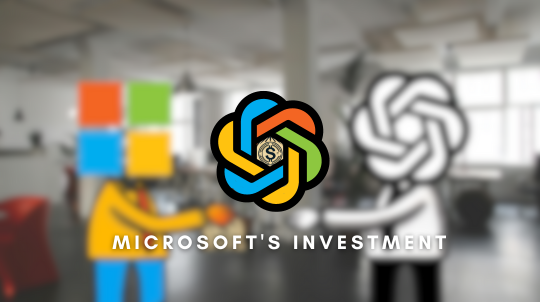How is AI changing job searching on LinkedIn?
AI's role in modern technological solutions is expanding rapidly. Beyond powering smart assistants and driving predictive analytics in car sales, giants like LinkedIn and Microsoft are leading the integration of AI to transform professional activities and business operations. LinkedIn's updates, such as conversational job search and application optimization, aim to enhance job-seeking efficiency, albeit raising questions about AI's efficacy in career transitions.
Microsoft's substantial investment in OpenAI integrates AI across Bing, GitHub, and Azure, positioning the company to meet growing market demands. However, financial obligations, OpenAI's investment model, regulatory compliance, and ethical concerns add complexity to these advancements. While these tech leaders push the AI frontier, concerns about impacts on employment, privacy, and technological development persist as critical areas of discussion.
LinkedIn's AI Enhancements for Job Seekers

Through LinkedIn again, artificial intelligence is taking over job searching to make it easy and efficient for job seekers especially those with the LinkedIn premium package. Conversational job search is perhaps one of the most interesting new elements that’s worth exploring. Rather than browsing through hundreds or thousands of openings, you can simply enter some basic criteria such as, “Show me these positions: ‘remote marketing’: Detroit ‘salary greater than 110000’”. This hastens the job search and eliminates the frustration of not being able to locate the ideal employment opportunity. But while this tool is convenient, it can be limiting in that it might not always give enough focus to the individual details of what you are searching for, thereby missing out on some great job offers.
LinkedIn also has included another unique feature with more improved help for job applications. In point of fact, searching for one can really be taxing more so when you are competing with many people for a similar position. LinkedIn selected an AI that gives you feedback on your resume and cover letter within 48 hours of being applied to a certain job. This means you get advice on how to approach your application to fit the hiring managers and stand out. But there is an undesirable offshoot of this. Of course, with AI in action, everyone’s applications may start looking like yours, and a recruiter will not be able to see that special something or specific skills one could possess. Firstly, which brings in questions on probably the most important aspect; whether the AI created application is indeed who you are.
LinkedIn Learning is also not relenting in its effort to provide customized career counseling using artificial intelligence. It is like having a life coach that is always available, ready, willing, and able to provide actionable advice on your career, specific answers to your business questions, and tailored guidance on how to acquire new skills. For all the debate over their effectiveness and veracity, such websites are like having a career consultant at one’s beck and call, round the clock, at no cost. This can be immensely helpful—particularly for anybody who may not be privy to able-bodied human career advisers. On the other hand, AI can also be helpful and give clearer trends and allow one to sort through the data, but it is not infallible.
LinkedIn's Enhancements for Professionals and Businesses

Presently, LinkedIn has shown how one can do his/her work or run his/her business through the Intelligent Personal Assistant. Use of technology can help premium subscribers apply for job openings online through a new generation of job search and application, request for specific jobs imay be, remote marketing position for Detroit with at least $110,000. This feature reduces the time spent in searching for the jobs and instances of doubt about the outcome of the search. Moreover, through its AI, LinkedIn provides users instant feedback on resumes and cover letters, which can enhance people’s applications of jobs and improve their alignment with wanted positions, which can elevate their opportunities of obtaining interviews.
Not only has it made job hunting a breeze, but it is also do for Education/Teaching and even seeking advice. LinkedIn Learning provides options to get an expert’s advice and timely information while learning new information in the course, which is helpful to use if, for example, the user solves a problem in the process of completing the course. It enhances the learning experience because it is more interactive and also considers individual unique needs.
Further, LinkedIn is advancing the curation of professional content knowledge using generative AI. This is because with advanced search, searching for such things as people or a job or information on the LinkedIn has been made easier. They do away with the exercise of guess work when searching for the necessary information, where the information is accessed with ease and within the shortest time possible.
These Intelligent features depicted above in the AI are also helpful to the recruiters and marketer in various ways. The new Recruiter 2024 tool assists in quickly identifying quality candidates and enhanced reaction from firms yields leads to more effective recruitment processes. While there are costs involved, marketers have a gain to work with tools like Microsoft Designer that helps in designing good and attractive campaigns. LinkedIn’s AI also helps in developing the campaigns, as well as further enhancing their effectiveness and consolidation, which directly leads to cost decrease alongside the augmented engagement rate.
Small business organizations are not exempted from this either. That is why LinkedIn presents various features like the AI Message Assistant and personalised CTAs for its Premium Company Pages; such products help small businesses and make them more noticeable to potential customers.
Microsoft's Investment in OpenAI

Microsoft’s $1 billion investment in OpenAI in 2019 was a prescient move, especially as generative AI emerged as a transformative technology. OpenAI's innovations like ChatGPT quickly gained prominence, validating Microsoft’s foresight.
Today, OpenAI’s technology is deeply integrated into Microsoft’s ecosystem. AI enhances Bing’s search capabilities, GitHub offers smarter coding suggestions, Microsoft 365 improves writing assistance and data analysis, and Azure provides the computing power for these advancements. This integration isn’t just about adding features; it’s about fundamentally improving tools' intelligence and efficiency.
Financially, Microsoft’s investment in OpenAI has grown to $13 billion, with projections of generating over $30 billion in annual revenue, particularly benefiting Azure. OpenAI LP’s capped-profit model ensures returns for early investors while balancing social impact—a unique approach in venture capital.
Microsoft’s exclusive licensing of OpenAI models like GPT-4 further solidifies its market position against competitors like Google’s PaLM and emerging startups. This exclusivity enhances Microsoft’s products, making them more appealing to users and businesses alike.
Conclusion
LinkedIn and Microsoft show a positive direction towards efficient utilization of technology for professional and business related works. In the same year, LinkedIn introduced new innovations such as conversational job posts, where a job seeker can easily get a job of their desire through a conversational interface and personalized learning, which is a recommendation system powered by Artificial Intelligence to recommend the best learning pathways for each user. This had the possibility of altering the ways that people go through careers in a world that is actually characterized by rapid changes and skillfulness.
The strong financial backing that Microsoft has provided Open AI $13 billion reinforcing its strategic approach to harness the power of Artificial Intelligence across products to lead in Innovations. Yet, the ethical and financial issues surrounding AI present significant questions such as data specificity and algorithmic inclinations. These issues demand legal intervention, specifically regulation of their use.
AI is set to evolve significantly in the coming years and decades, as evidenced by its potential to transform different careers and technologies across industries while enhancing productivity and the development of new services and products. Responsible development will require constant dialogue, high levels of disclose of information and a framework of themal ethical standards that would allow for an optimum balance between the positive impacts and the negative effects that are likely to be associated with the process.

